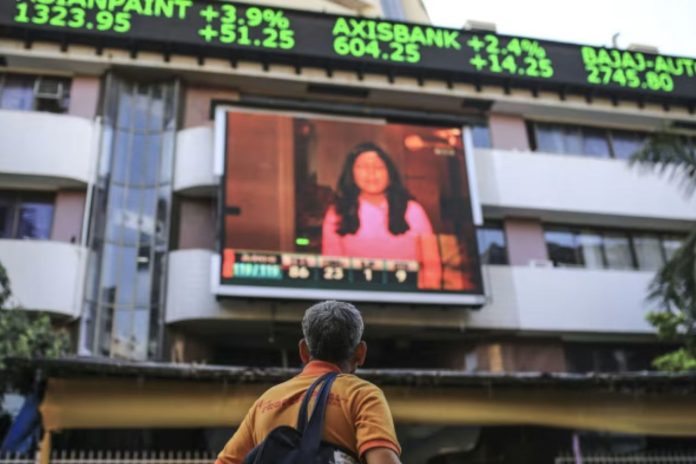Trump-Era Tariffs Reshape Competitive Landscape Between Coke and Pepsi
A recent study suggests that former President Donald Trump’s Section 301 tariffs on Chinese imports delivered an unexpected edge to Coca-Cola over rival PepsiCo by disproportionately affecting imported sweeteners integral to Pepsi’s beverage production.
Imposed in 2018, the sweeping tariffs were designed to pressure China amid trade tensions but have since had lasting implications for U.S. consumer goods, including the beverage industry. Specifically, the study from the Federal Reserve Bank of New York, Columbia University, and the University of Maryland reveals that the policy placed a heavier burden on PepsiCo by increasing the cost of saccharine and aspartame—artificial sweeteners it uses more extensively than Coca-Cola.
While both companies saw minor price increases shortly after the tariffs were enacted, PepsiCo appears to have carried more load due to its product mix. Pepsi uses a higher ratio of artificially sweetened beverages across its portfolio, including diet and zero-sugar options like Diet Pepsi and Zero Sugar Mountain Dew. In contrast, Coca-Cola relies more heavily on sugar-sweetened beverages, shielding it from some of the cost shocks related to non-sugar sweeteners.
The researchers estimated that the tariffs gave Coca-Cola roughly a 0.32% annual revenue advantage relative to PepsiCo—a seemingly small figure that becomes material in the context of such large-scale operations. With both companies generating tens of billions in annual revenue, slight shifts in cost foundations can impact pricing strategies, shelf competitiveness, and margin structures.
This divergence, magnified during a time when cost pressures were passed along to consumers, underscores how macroeconomic policies such as tariffs can produce unintended winners and losers in the FMCG sector. It also highlights the vulnerability of supply chains dependent on specific imported ingredients. For PepsiCo, the higher tariff costs on chemical sweeteners used in diet products may have pushed the company toward more costly procurement strategies or price increases to preserve margins.
Industry analysts note that as the political landscape continues to evolve, global sourcing strategies and tariff risk management remain core priorities for beverage and broader FMCG companies. The findings are a reminder that policy-driven cost differentials, even modest ones, can shift competitive dynamics over time through changes in input sourcing, product formulation, and ultimately, consumer price perception.

